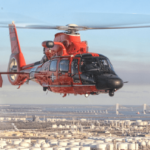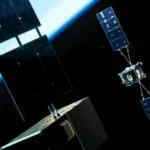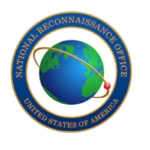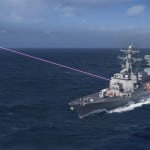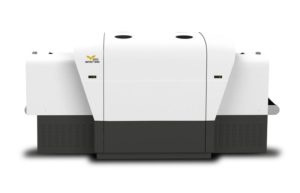
The Transportation Security Administration (TSA) on Wednesday said it has awarded orders worth up to $1.3 billion to Analogic, Integrated Defense and Security Solutions (IDSS) and Smiths Detection to provide computed tomography (CT)-based carry-on baggage scanners at U.S. airports. For IDSS, a small Massachusetts-based company, the contract is potentially its largest with any customer. Analogic will provide up to 426 base units under a potential $344.6 million order, IDSS 359 mid-size systems for $272 million, and Smiths Detection 429 full-size…

 By
By 